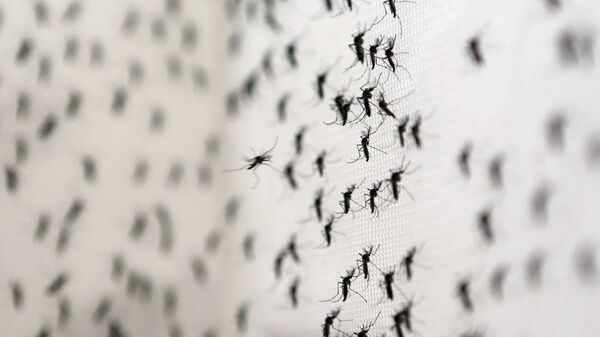Zika is ordinarily considered a fairly mild illness when it strikes adults, sometimes without any symptoms at all, at other times it will cause rash, fever, headache and pain. But recently, the disease was linked to a severe birth defect called microcephaly, which causes the underdevelopment of the head and brain. Babies with microcephaly often miscarry before they are born, or they die at birth. Those who survive are usually very disabled.
"The biggest scare right now is the link with microcephaly," Hotez confirmed.
However, he warned that scientists still don't know much about the ongoing outbreak and that further research is required. It is wrong to connect every case of microcephaly with Zika.
"One of the side notes to this epidemic is it really points out the flaw in how we publish the seemingly scienetific information," Hotez said.
News always tend to hype it up, and blindly believing the information that is coming from all the wrong sources like ambiguous news and social media, instead of scientific research papers, is not a good idea.
As for the vaccine against Zika, it hasn't yet been developed, not because of the lack of technology, Hotez said, but because there are certain financial, political and social instruments needed to get vaccines made. Scientists found out about the virus quite a long time ago, so technology for a vaccine may be there, but big pharmaceutical companies neglect this kind of tropical illnesses, and non-profit organizations have had a hard time collecting funds for development and tests.
"It's a problem for all of these neglected tropical diseases which is the class of infection that Zika belongs to," Hotez explained. "We've got to change the business paradigm, that's how we get these vaccines developed."
He added that trials will require a long time even with proper funds, especially since the vaccine has to be tested on women of productive age.




